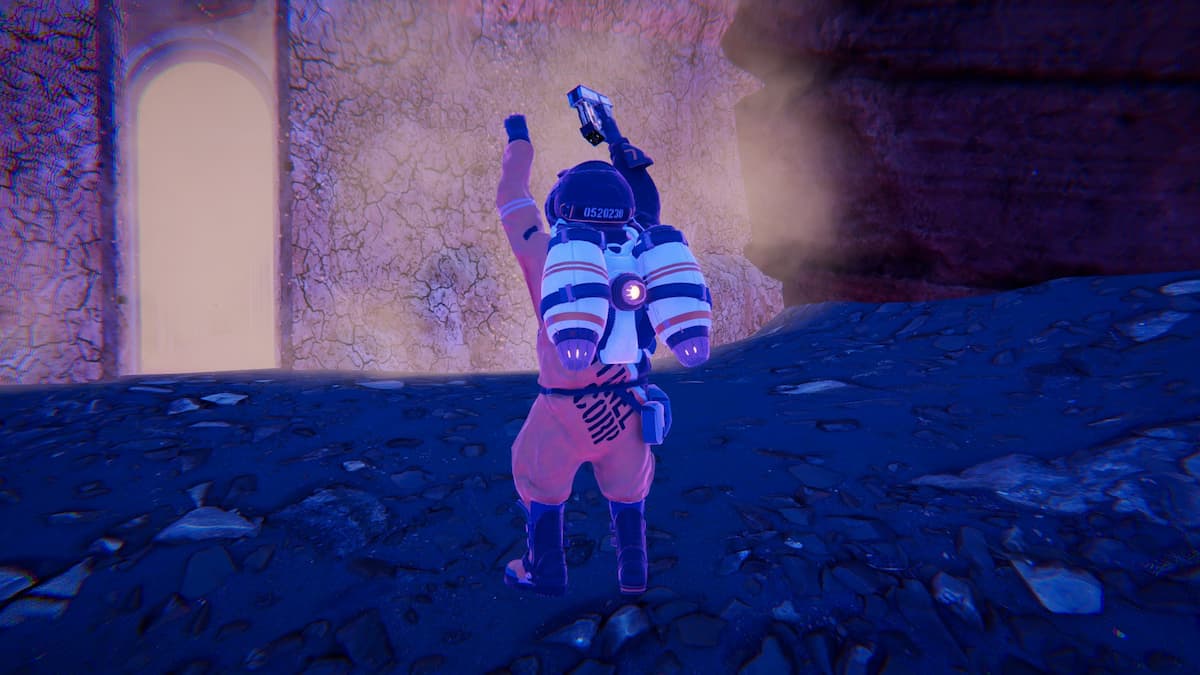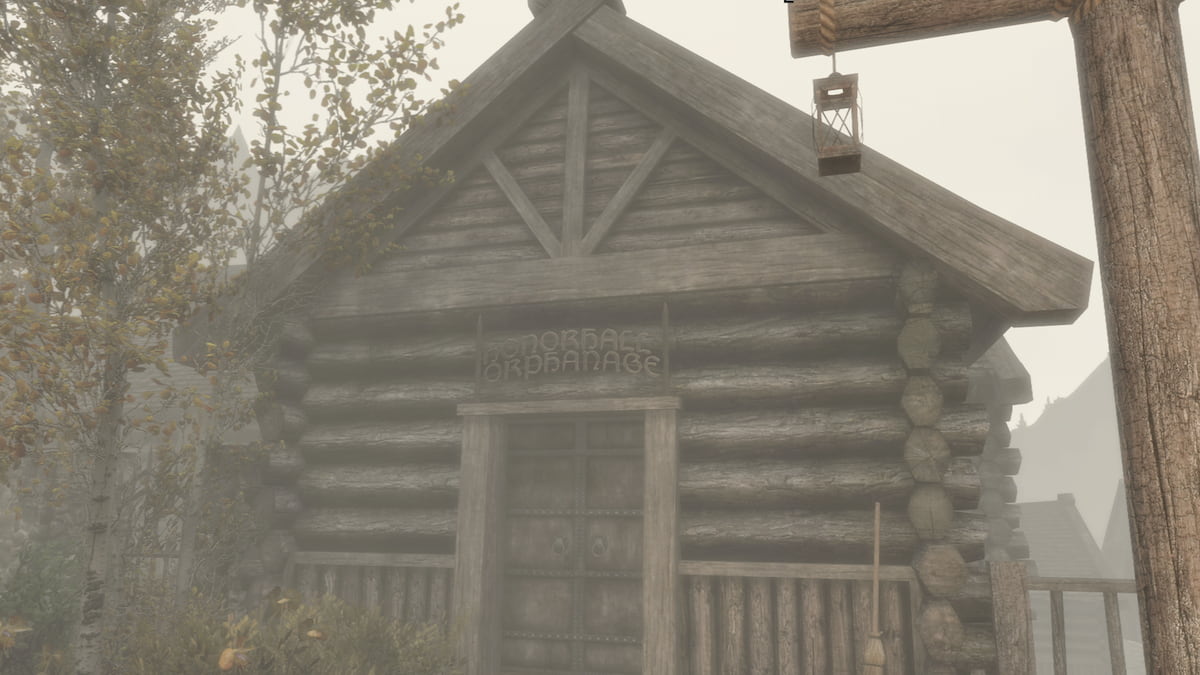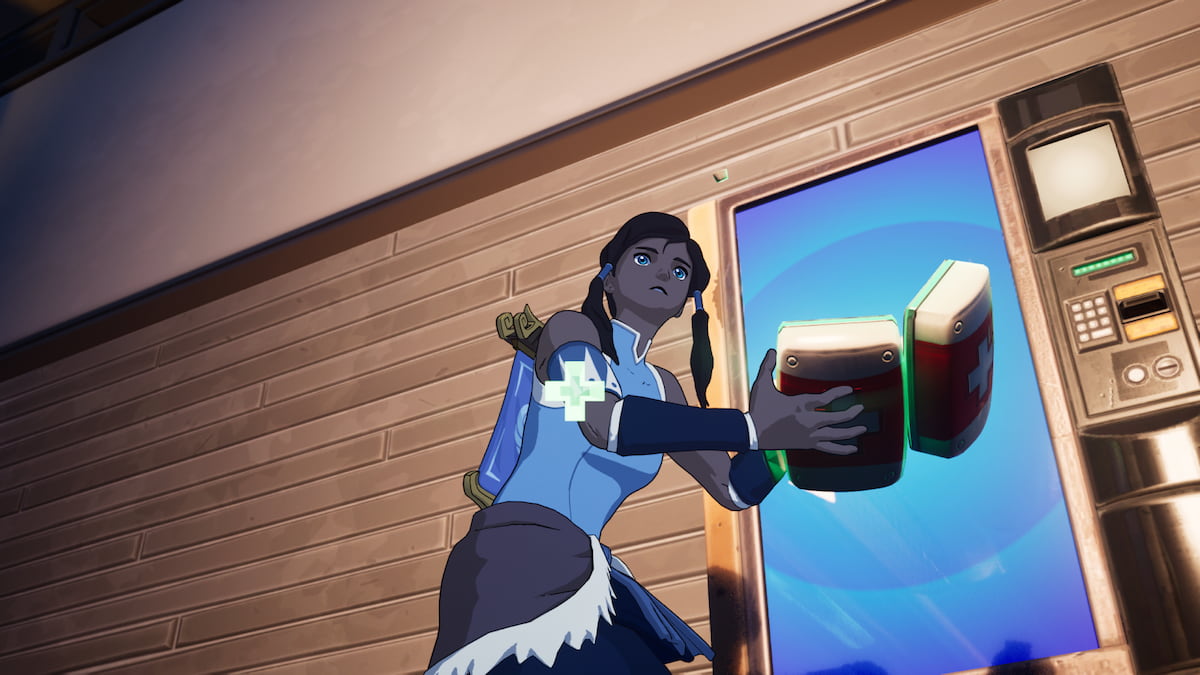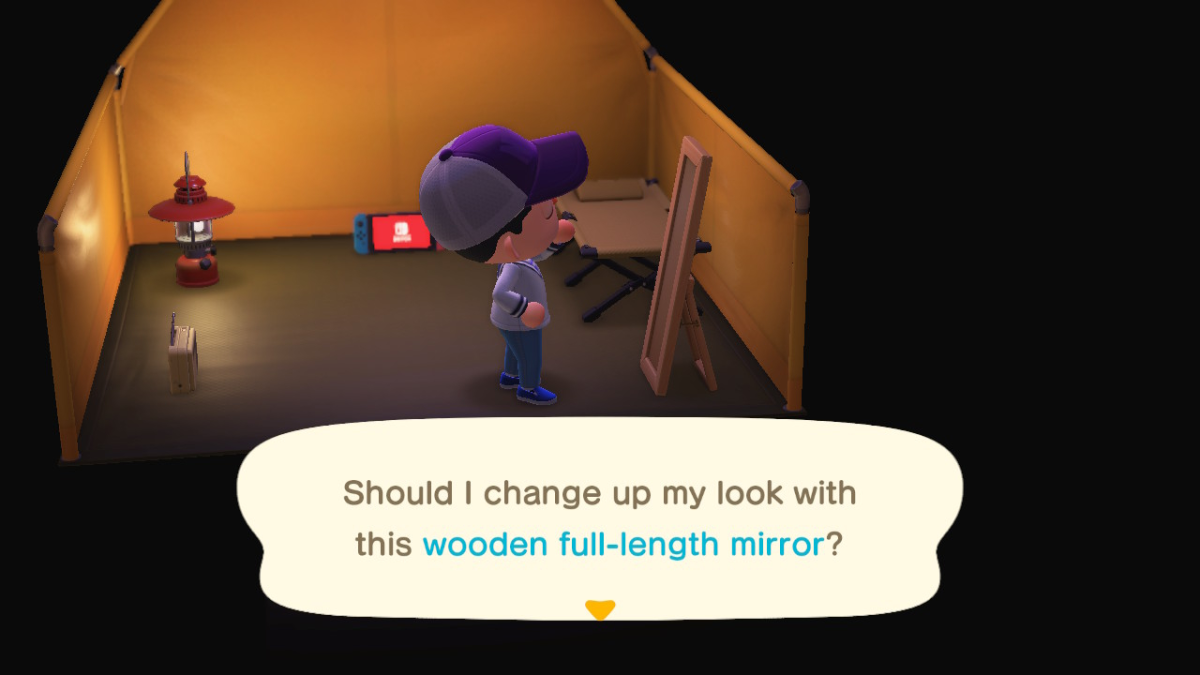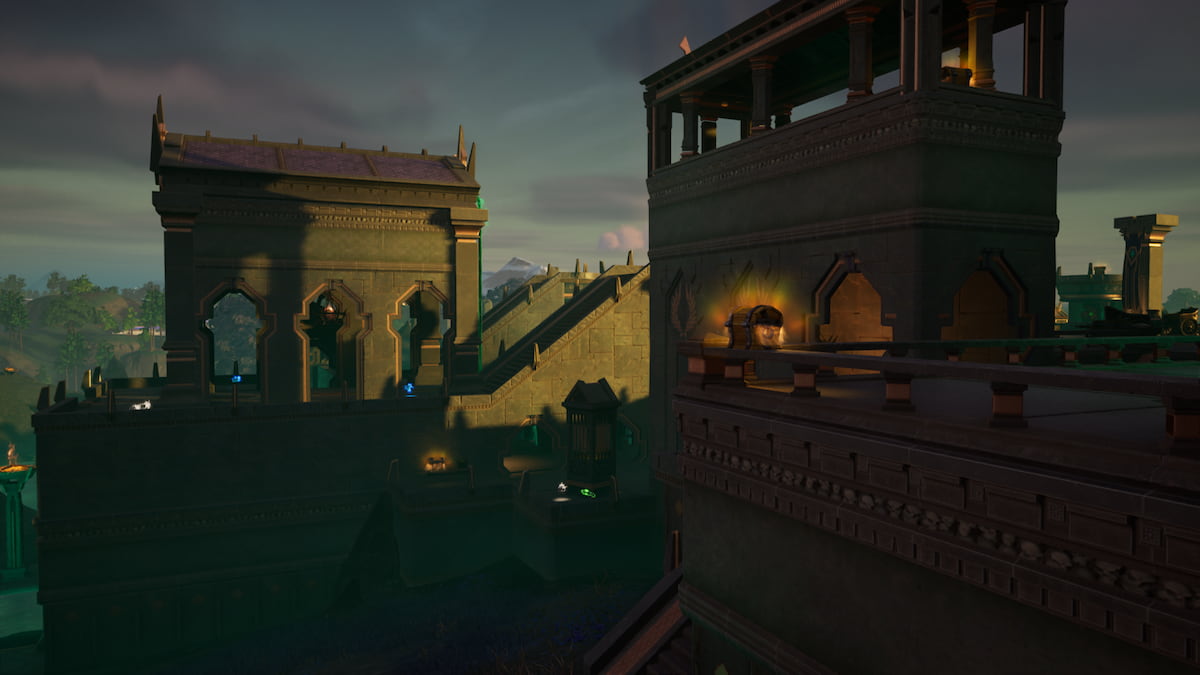When you picture an editor, you probably imagine the red pen poised over a document, marking every spelling or grammatical mistake. While that is part of an editor’s job, the real meat of their work comes from seeing a document through unbiased eyes and polishing its rough edges.
Writers can miss the forest (whether that’s structure, logistics, or simple understanding) because they been so focused on the trees (words, ideas, and getting them out of their head and on to the page). An editor’s job is to look beyond those basic components and breathe life into the whole. The best editors strive to improve the writer, rather than just the writing.
How do they do that? Here are six simple things to do beyond looking for spelling and grammar mistakes.
1. Check facts, links, and external references for consistency and correctness.
Is Reggie Fils-Aime the president of Nintendo of America? (Yup.) Did Sony’s stock plummet 25% in quarter 2 last year? (Nope.) Does this link really go to Microsoft’s homepage? (Yup.) Was Reality Is Broken written by Minerva McGonagall? (Nope.) Facts like these are easy to check, but often overlooked. Many readers may not even notice they’re incorrect, but those that do will often mistrust the article (and possibly the writer) as a result.
2. Polish structure, flow, and tense.
Is the tense consistent throughout? If not, is there a good reason? (Does the article flow between present day and flashbacks, for instance?) Is there an obvious introduction, middle, and conclusion? Are the ideas fleshed out fully? Do segues flow properly between each section or do parts seem disjointed and abrupt? Is there anything missing? Is there anything unnecessary or overly verbose? Is the article using the best format?
3. Add, remove, or suggest additional metadata to improve the article’s findability.
On GameSkinny, we allow writers and editors to add a great deal of metadata about their posts such as related games, platforms, and tags through the Bonus Points tab. Are there overarching themes that could be tied to tags? Does the article discuss specific games or platforms? Adding relevant metadata makes it easier for readers to find the article and for search engines to index it properly. Conversely, are there unnecessary games, platforms, or tags? If the article starts showing up in places where it’s not appropriate, readers will mentally mark it as spam and may discount the writer as well.
4. Address logical fallacies and suggest fixes.
The best arguments and opinions stand on their own. Most others typically adhere to one logical fallacy or another to seem more reasonable. When editing an opinion piece in particular, make sure the logic behind any arguments is sound. Not sure what a logical fallacy is? Check out Thou Shalt Not Commit Logical Fallacies for a really great introduction.
5. Enhance or create reader hooks.
Does the title make a promise that draws the reader in? Are the visuals appropriate, attractive, and alluring? Is there a particularly great quote or line that might draw a reader to the article or entice them to read further? For that great one-liner, we’ve recently introduced pull quote styles, which let you highlight small portions of an article that are particularly compelling. These pull quotes get additional styling within the article to draw the reader’s attention, but they are also added to a rotation of random quotes that appears throughout the site.
Is the content “chunked” properly to make it easy to scan quickly to draw readers in? Long-form articles are fine, but readers will be more engaged if the “wall of text” is broken up periodically by headings, lists, or graphics.
6. Dream up and connect future related topics to build the writer’s expertise and challenge them.
Nearly every article contains a potential thread to more of the same. How can the writer expand and expound upon the ideas expressed? What could the writer do differently or better in a followup article or series? What new direction could they pursue that might challenge and interest them?
It’s easy to check spelling and grammar. Heck, Microsoft Word does that automatically most of the time. (It’s even right sometimes!) If you really want to help a writer become their best, the tips above are a great way to get started. What else makes for a great editor? Discuss in the comments.

